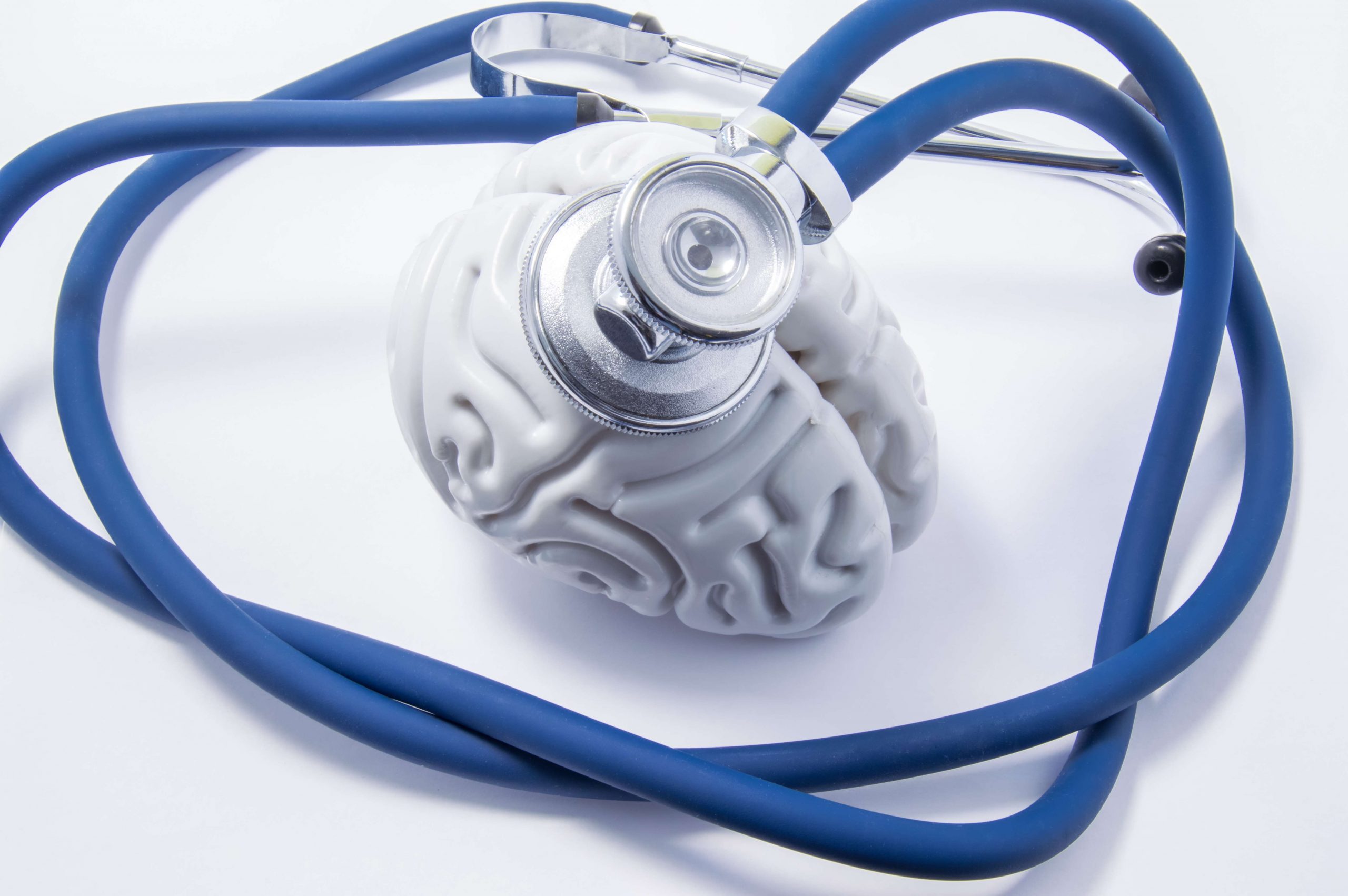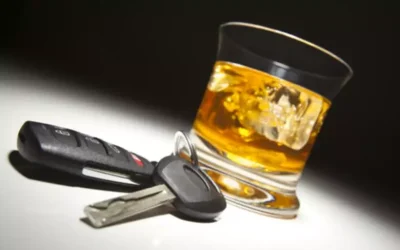
Her work has also appeared in Insider, Bustle, StyleCaster, Eat This Not That, AskMen, and Elite Daily. Having a parent with AUD doesn’t automatically mean you’ll develop the condition yourself. That said, you are alcohol addiction articles four times more likely to develop it than someone who doesn’t have a parent with AUD. Learning life skills will help accomplish much as you learn to live without unreasonable fear or disappointment with yourself.
- Having an alcoholic parent can be a source of shame and embarrassment for a child.
- If a child’s parent was mean or abusive when they were drunk, adult children can grow up with a fear of all angry people.
- Research is clear that there is a link between growing up in a household with alcoholics and the potential for trauma to children.
- It’s important to remember that you’re worthy of love and kindness regardless of your resume or report card.
Behavioral therapies are another option for ACoAs.23 Treatments like cognitive behavioral therapy (CBT) can help you learn new ways to resolve conflict, communicate your needs, and cope with stress. Your therapist will teach you how to identify new genetic study confirms that alcohol is a direct cause of cancer nuffield department of population health and monitor your emotions and give you strategies to deal with unwanted feelings like relaxation techniques. The goal is to interrupt your regular patterns of reacting to emotional situations and replace them with more positive behaviors.
Promises Behavioral Health Addiction Treatment Centers
Children of alcoholics are also more at risk of emotional, physical, and sexual abuse. As well as these issues, when a parent is an alcoholic, home life is often chaotic. Although people with AUD aren’t “bad” people (or “bad” parents), their alcohol use can create a home environment not suited for a child. A 2021 study shows that parental alcohol abuse significantly increases the chance of having a dysfunctional family environment.

For example, if you couldn’t depend on your parent to feed you breakfast or take you to school in the morning, you may have become self-reliant early on. As a result, Peifer says you could have difficulty accepting love, nurturing, and care from partners, friends, or others later in life. Below, you’ll find seven potential ways a parent’s AUD can affect you as an adult, along with some guidance on seeking support. Even those with a higher genetic risk for AUD can often take a harm reduction approach when they learn to better understand their triggers, risk factors, and engagement with substances, Peifer says. The official CPTSD Foundation wristbands were designed by our Executive Director, Athena Moberg, to promote healing and awareness benefits all survivors.
“In this process, you’ll process unresolved traumatic experiences and develop tools to formulate healthy relationships and communicate your needs,” she explains. A 2014 review found that children of parents who misuse alcohol often have trouble developing emotional regulation abilities. According to White, this may happen partly because children often learn to mirror the characteristics of their parents. What’s more, children who had to act as parents to their own parents may go on to believe it’s their responsibility to take care of others, which can lead to codependent relationships. There are support groups, such as Al-Anon and Adult Children of Alcoholics, that exist to help people who have experienced the effects of living with an alcoholic through the use of a twelve-step program similar to that of Alcoholics Anonymous. Also, one must not forget that seeking out professional therapy from a counselor or therapist can help incredibly.
Childhood Trauma, Posttraumatic Stress Disorder, and Alcohol Dependence
Some adult children of alcoholics, (or ACoAs) turn to alcohol themselves, while others find themselves disconnected from the world around them. Others may develop a mental health condition that holds them back from fully living life. No matter how your childhood affects you in the long term, rehabs that treat trauma can help you release the hurt of a childhood affected by alcohol. Many people, including celebrities such as Halle Berry, grew up in families affected by alcoholism. Indeed, a 2019 study revealed that one in five American adults has grown up with an alcoholic in their home. Millions of people experience long-term effects from living in an alcoholic home, including mood disorders like depression, anxiety, and the risk of substance abuse.

Or maybe you couldn’t confide in your friends or teachers for fear of losing your family or getting into trouble yourself. People and systems that are there to protect you instead become something you fear. Children largely rely on their parents 6 ways to lower high blood pressure without using medication for guidance learning how to identify, express, and regulate emotions. But a parent with AUD may not have been able to offer the support you needed here, perhaps in part because they experienced emotional dysregulation themselves.
The increased risk of alcoholism reported in these studies is consistent with our finding of a 3.5- to 5.6-fold risk of alcoholism among adult children of alcoholics regardless of the extent to which they had adverse childhood experiences. Another area of research that is still in its infancy has identified physiologic and biochemical markers of familial transmission of alcoholism (29,50,51). To address these questions, we used data from more than 9,300 adults in a primary care setting who participated in the adverse childhood experiences study.
Adverse Childhood Experiences, Alcoholic Parents, and Later Risk of Alcoholism and Depression
There are several different signs and symptoms of PTSD and trauma exhibited by adult children of alcoholics. Similar to PTSD, any one symptom can be problematic and can have a negative impact on the quality of life for the individual. In addition to the higher rate of selecting an alcoholic partner, ACOAs are also more likely to experience the symptoms of trauma. Dr. Tian Dayton, a clinical psychologist, reports the impact of this trauma on a child and how the environment in which these children grow up directly reflects the major factors contributing to PTSD.
The ACA has group meetings (based on the 12-step principles of “Alcoholics Anonymous”) that are specifically designed to help adult children overcome the lasting damage of parental drinking. One of the most common issues reported was a lack of trust in adults (more than 1 in 5). It’s estimated that about 1 in 10 children (7.5 million) have lived with at least one parent with alcohol use disorder, based on a 2017 report from the Substance Abuse and Mental Health Services Administration (SAMHSA). Both behavioral and pharmacological interventions are important to consider in the treatment of alcohol dependence and trauma/PTSD (Davis et al. 2006; Weiss and Kueppenbender 2006). To date, most empirical studies of behavioral or pharmacological agents have investigated the treatment of either alcohol dependence or PTSD alone. Even if you don’t have a diagnosed mental health condition, the trauma of your childhood can affect you in many ways.
And if you’re not sure if a rehab you’re looking into offers informed support, you can always call their admissions team to ask. It’s hard to predict your parents’ next move and you never really know if your needs are going to be met or ignored. It’s important to remember that you’re worthy of love and kindness regardless of your resume or report card. Pursuing healing through rehab or therapy can help you develop a truer sense of self-love. You become so accustomed to doing everything on your own that it may be scary to lean on someone else for your needs.
Some people experience this as post-traumatic stress disorder (PTSD), like other people who had different traumatic childhood experiences. Growing up with a parent living with alcohol use disorder can have negative effects on children, including mental health issues, such as depression and anxiety, and behavioral problems, such as aggression. In another study of 254 veterans with alcohol dependence and a variety of co-occurring mood and anxiety disorders (Petrakis et al. 2005), naltrexone, disulfiram, or a combination of both was added to treatment as usual. A high percentage (42.9 percent) of the study participants had PTSD, although data analysis for specific disorders was not conducted. Alcohol-related outcomes improved significantly in patients treated with either medication alone or with combination therapy, compared with placebo, but there was no added improvement with combination therapy when compared with monotherapy. This study strongly suggests that alcohol-dependent patients with co-occurring PTSD should receive medications targeting alcohol consumption.
Alcohol Use
If a child’s parent was mean or abusive when they were drunk, adult children can grow up with a fear of all angry people. They may spend their lives avoiding conflict or confrontation of any kind, worrying that it could turn violent. Conversely, Peifer notes that some children who grow up in these environments may become more attention-seeking in order to fulfill the needs their parents couldn’t meet. They might eventually form unstable or unhealthy attachments to others, partially because these bonds feel familiar.
In therapy, one might discover a great deal about oneself in overcoming the side-effects of growing up with an alcoholic parent. Adult children of alcoholics often have a low sense of self-esteem and self-worth. ACOAs often feel very uncomfortable when receiving recognition or praise, even when these two things are precisely what they are seeking. Adult children of alcoholics can be sensitive to any type of perceived negative feedback or criticism, leaving them suspicious of anyone who offers them a critique of what they are doing.




